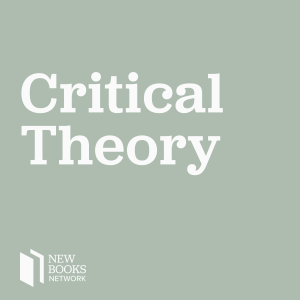
Sarah Marie Wiebe, "Everyday Exposure: Indigenous Mobilization and Environmental Justice in Canada’s Chemical Valley" (UBC Press, 2016)
 2019-11-29
2019-11-29
Download
Right click and do "save link as"
In a foreword to Everyday Exposure: Indigenous Mobilization and Environmental Justice in Canada’s Chemical Valley (University of British Columbia Press, 2016), the public philosopher James Tully writes that, “Every once in a while, an outstanding work of scholarship comes along that transforms the way a seemingly intractable injustice is seen and, in so doing, also transforms the way it should be approached and addressed by all concerned.” In this second episode in our new series, New Books in Interpretive Political and Social Science, we hear from the book’s author, Sarah Marie Wiebe, about what that intractable injustice is, and why hers is one such work of scholarship, which won the 2017 Charles Taylor Book Award. Along the way she discusses environmental reproductive justice, political ethnography, her method of “sensing policy”, and her new book project, Life against a State of Emergency: Interrupting the Gendered Biopolitics of Settler-Colonialism, about which you can read and view more on the University of Minnesota manifold website.
Sarah also talks about the remarkable photographic essays in the book, which are the work of her friend and collaborator, Laurence Butet-Roch, who has kindly provided a number of them for New Books network listeners to view online, here, here and here.
Listeners interested in the series should also check out the first episode, with Dvora Yanow and Peregrine Schwartz-Shea, on their Interpretive Research Design.
Nick Cheesman is a fellow in the Department of Political and Social Change, Australian National University, and currently a project researcher at Ritsumeikan University, Kyoto. He co-hosts the New Books in Southeast Asian Studies channel.
Learn more about your ad choices. Visit megaphone.fm/adchoices
view more
More Episodes
012345678910111213141516171819
Create your
podcast in
minutes
- Full-featured podcast site
- Unlimited storage and bandwidth
- Comprehensive podcast stats
- Distribute to Apple Podcasts, Spotify, and more
- Make money with your podcast
It is Free
- Privacy Policy
- Cookie Policy
- Terms of Use
- Consent Preferences
- Copyright © 2015-2024 Podbean.com





